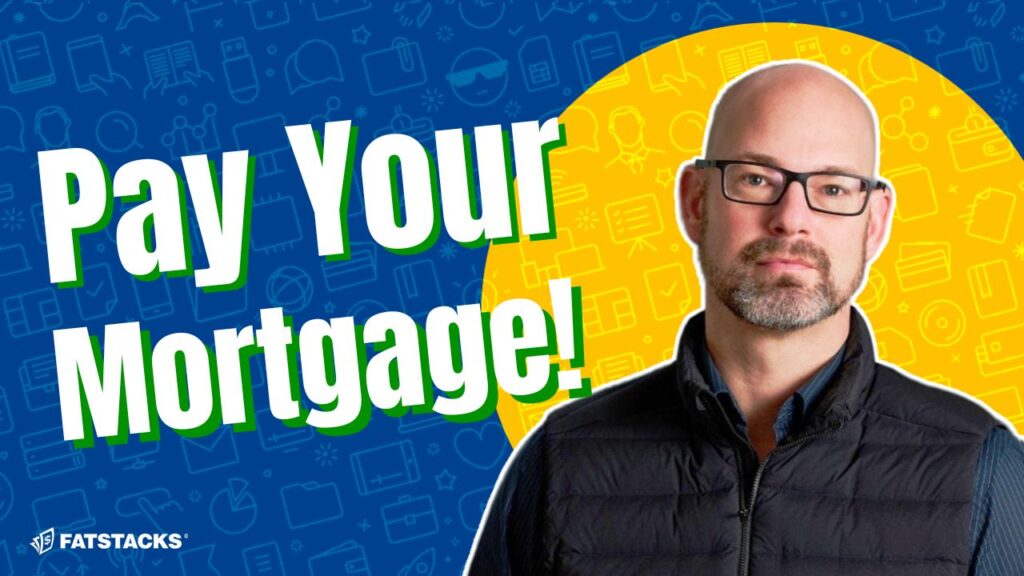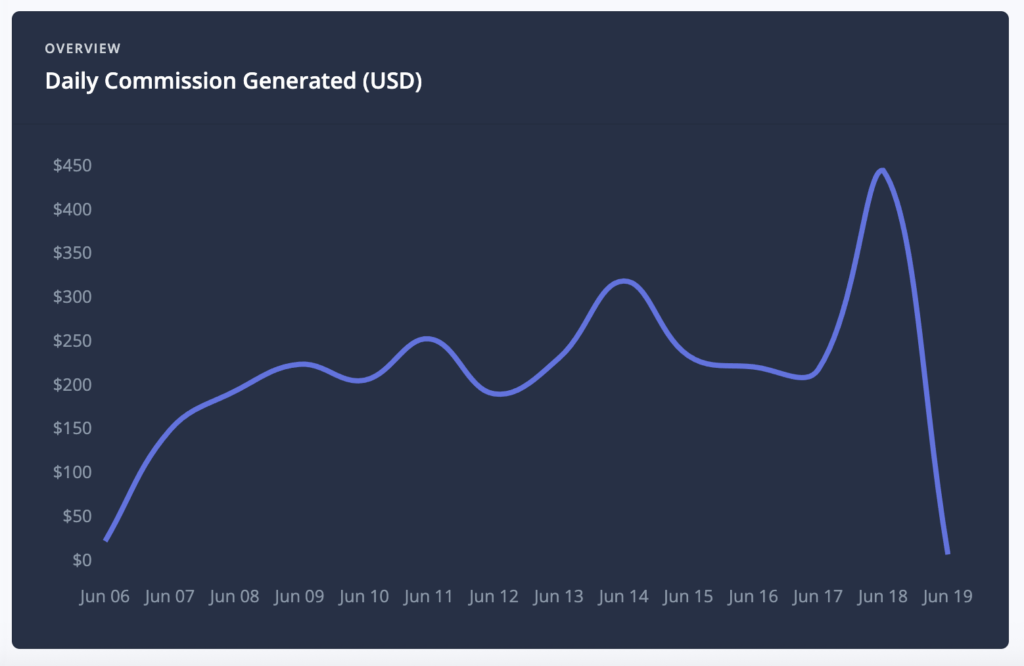
I’ve dabbled in both flipping websites and real estate.
Neither are my main business model. I have no intention of developing a flipping business of any sort either.
However, I’m familiar enough with both to have an opinion about each and to compare the similarities and differences.
The comparison is apt because websites and social media channels are referred to as web properties. I also think people interested in one will be interested enough in considering the other due to the flipping mindset involved.
What is the flipping mindset?
There are 2 main ways to profit from flipping. They are:
- Improve Something Mindset: Buy, improve and sell for a profit.
- Market Timing/Opportunity Mindset: Buy in a rising market, hold, then sell.
Buy, Improve and Sell for a Profit
This is the typical approach with flipping websites. There really isn’t a rising market for sites. Website buyers do so on metrics, although the multiple can increase. However, I would not buy a website with no intention of making it profitable hoping to flip for a higher multiple. That’s very unlikely to materialize.
The concept with flipping websites is buying a site you think you can make more profitable and then sell for a profit. The 2 main ways to make it more profitable are increasing RPM and/or increasing traffic. If you are good at either, you can buy, sell and profit all day long because there are many sites out there under-monetized and/or have huge traffic opportunities. Your job is to find them and then apply your optimization skills.
This approach is also used in flipping real estate. You look for a rundown property, apply sweat equity then sell it for a profit. Many TV episodes on HGTV are dedicated to this model. Profits can be substantial, especially in a rising real estate market.
Buy in a rising market, hold, then sell
This model only works in a rising marketing and is only applicable to real estate. Perhaps down the road websites will enjoy a “rising market” in values, but for now their value is largely based on metrics. Sure, some sites fetch a higher multiple, but you can’t count on it (at least I wouldn’t).
With real estate, this is the easiest money you can make. Find, buy, rent or let sit, sell. Profits can be substantial in a rising market with little work.
The problem is all rising markets come to an end. Because most flippers borrow most of the funds, if you try scaling this model up with multiple properties, you can end up broke.
Leverage
Both flipping models have wonderful ROI potential. But, you can also lose big.
Leverage for flipping websites
Big ROI for websites come about when you successfully and quickly increase the RPM and/or traffic of a site. This is not only possible, but very probable if you know what to look for and you know what you’re doing with monetization. It could also come about if you can leverage other web properties to benefit the acquired web property.
Leverage existing web properties
For example, suppose you have a site with 50,000 email readers, 25,000 Pinterest followers and 1 million monthly visitors in the DIY niche. If you buy a DIY niche site, you can send your email readers, Pinterest followers and website visitors to that site which instantly increases its traffic. You leverage existing assets with almost no work.
Leverage connections
Another way to leverage your existing assets is leveraging ad networks with which you work. For example, I work with a great video ad network that pays on average over $5 CPM. In order to get into that network, I needed 1 million monthly page views, but now that I’m in, they give me the ads for smaller sites.
So, if I buy a site with 100K monthly page views that earns $8 RPM ($800 per month income) for $16,000 ($800 x 20 multiple) and then I add $5 RPM instantly with a video ad, that site is now worth $26,000.
Leverage knowledge
Suppose you’ve become very adept at monetizing within a certain niche via affiliate offers or ad placements and you spot a site for sale that is clearly under-monetized. You can leverage your knowledge to quickly increase the revenue of that site.
Improvement Speed
I think, in general, one can improve a website much faster than they can improve real estate. A home reno takes months. A website can be improved in days or a couple of weeks.
Real estate leverage
Other people’s money
One very attractive aspect to flipping real estate is you need only put down a fraction of the cash. Banks are happy to lend the balance. You leverage other people’s money.
Banks, as far as I know, aren’t so eager to lend money to website buyers. Therefore, it’s harder to access other people’s money to buy a website.
While there are investment groups that do buy up websites, as an individual investor like me, I don’t have a pool of investor money so if I want to buy a site to flip, I need to pony up all the money.
Sweat equity
If you’re handy at renos, you can leverage your skills for profits. If you can turn a kitchen from drab to fab without spending a fortune, you can profit. Same with bathrooms and renos in general.
Yes, you can profit hiring contractors to do the renos, but margins will be lower and in reality you’ll only profit in a rising market.
Landlording
Landlording sounds like the easiest job in the world, and for some people it is. You buy, collect rents and ultimately sell the property for profit while collecting checks for years.
The problem is many people are not good at landlording. You need to either have a team in place to manage it or know how to manage it yourself. It’s more work than you think unless you own many properties where it pays to hire people to handle it.
Risks
While the rewards can be spectacular with both real estate and web properties, so too can the risks.
Website flipping risks
Fraud
You can buy a site that was misrepresented to you despite doing due diligence. Some people are adept at cooking the books and making sites look better than they are.
Recourse is often hopeless. Sure, you can sue, but it’s one thing to sue and another to collect. Besides, hiring lawyers is expensive.
Unforeseen Changes
Google search algos change. Facebook reach changes. Merchants change affiliate terms or terminate affiliate programs. Pinterest algos change.
You can do all the due diligence in the world, but you cannot defend against parties on which your website income is dependant.
Many sites have been purchased only to lose value due to reduced traffic from Google search and Facebook reach changes. It is a considerable risk to keep in mind.
Or, you may buy the site with an AdSense account in good standing only to lose the account. While this is more unlikely than the other unforeseen changes mentioned above, it’s possible.
Lack of time
Most of us are busier than we want to be. We’re never “done” with our sites. There’s always something to do.
You may buy a site with best intentions to carve out 3 hours per day to improve it only to not be able to get to it. Every day you say to yourself, “tomorrow I’ll get to it” but tomorrow never comes.
I know from personal experience. I bought a great site with good potential but never got around to making the improvements. Yup, I still own it and tomorrow still hasn’t come.
No buyer
Some sites fetch incredible income multiples. Others, not so much. Some sites are more attractive to buyers than others. That means when it comes time to sell your site, you may not be able to find a buyer.
For example, it’s much harder to sell a site that earns from ad arbitrage than a site that earns from organic search traffic. Website buyers, especially institutional buyers, want as much passive traffic as possible.
Real Estate Flipping Risks
Too much leverage
Fortunes have been made and lost with real estate.
The biggest risk is leveraging other people’s money too aggressively. While you can leverage all you like in a rising real estate market, once it turns, it gets ugly. The leverage works against you. Instead of earning hyper profits, you sustain hyper losses quickly.
No renters
If you buy with intention to hold as a landlord, you run the risk of not being able to get renters in the unit(s). Sometimes there are more rental units than renters in which case revenue you counted on doesn’t materialize. There you sit with a property for which you must pay a mortgage out of pocket.
Unforeseen repairs
Like websites, you can buy a dud property that becomes a money pit with necessary repairs that you didn’t spot when buying. This can happen in any environment, but more common in a rising real estate market when sellers can get away with not accepting “subject to inspection” offers. Yup, when there are multiple offers for properties, sellers control the negotiations and will likely accept offers that don’t have subjects.
Tax consequences
Typically property taxes are stable and can be projected but sometimes governments may enact tax increases to property owners. This can devalue your property (especially if singled out) and/or reduce your net income.
Increasing interest rates
If you buy with a variable interest rate mortgage, you’re vulnerable to interest rate changes. Not only do higher rates mean you pay more upon mortgage renewal, but your property value may go down.
Even if you buy with a 30 year fixed, rising interest rates can reduce property values.
Falling market
If you buy in a bubble environment and it pops, there’s not much you can do protect against losing money. All the sweat equity in the world may not insulate against losing money. After all, a great deal of the value in property is not the structure, but the land. When land value drops, not even the most spectacular house can prop it up.
On the flip side, falling markets bottom out at some point and so they can result in attractive investment opportunities.
What’s the better flipping model?
There is no better model. The best model is the one with which you have the most control over the risks and best chance to enjoy a reward.
For example, if you’re great at doing renos yourself and enjoy it, you control much of the risks via sweat equity.
Likewise, if you know your way around the niche for a particular niche website acquisition and have assets you can leverage, you’re far down the learning curve and can spot a good deal as well as have the knowledge to improve it quickly upon purchase.
Just because you’re good at website flipping doesn’t mean you’ll be great at real estate flipping… and vice versa.
However, on a deeper level, if you’re highly motivated by improving assets, that mindset and motivation can be applied to both websites and real estate equally. The longer I build my blogging/niche site business, the more I realize how important motivation and enjoyment is to succeeding. I’m motivated to create amazing sites which in turn results in growing revenue and metrics. I find this all very exciting and so I’m motivated to work hard, try new things and hammer away at it week after week without getting tired of it.
For me, if I were to flip anything, I’d only consider flipping websites. I know websites. I enjoy working on them. I understand the financials, monetization and traffic. I stand the best chance of making a buck flipping a website.
I know little about real estate. I’m not plugged into macroeconomics. I’m not a renovation expert. I’m not particularly interested in landlording and/or dealing with real estate. That’s not to say I would never buy a property for an investment, but it’s certainly not on my to do list currently.

Jon Dykstra is a six figure niche site creator with 10+ years of experience. His willingness to openly share his wins and losses in the email newsletter he publishes has made him a go-to source of guidance and motivation for many. His popular “Niche site profits” course has helped thousands follow his footsteps in creating simple niche sites that earn big.






If one really becomes good at building sites (that make money) then you may feel that building sites and flipping is a much better model than flipping real estates. And as you rightly said, you can quickly improve a website and increase its value. However, the fact is that many don’t really make a decent amount of money from their websites, so they are not sure if they can rinse and repeat.
Helpful post..
Thank you.